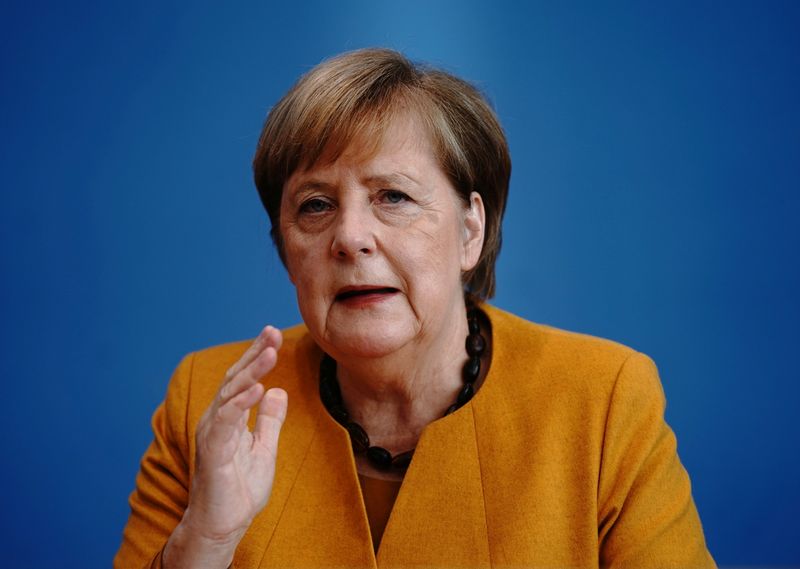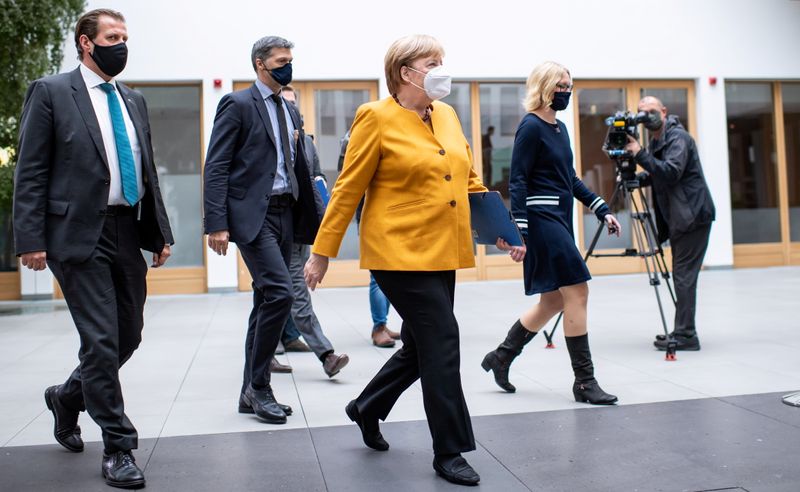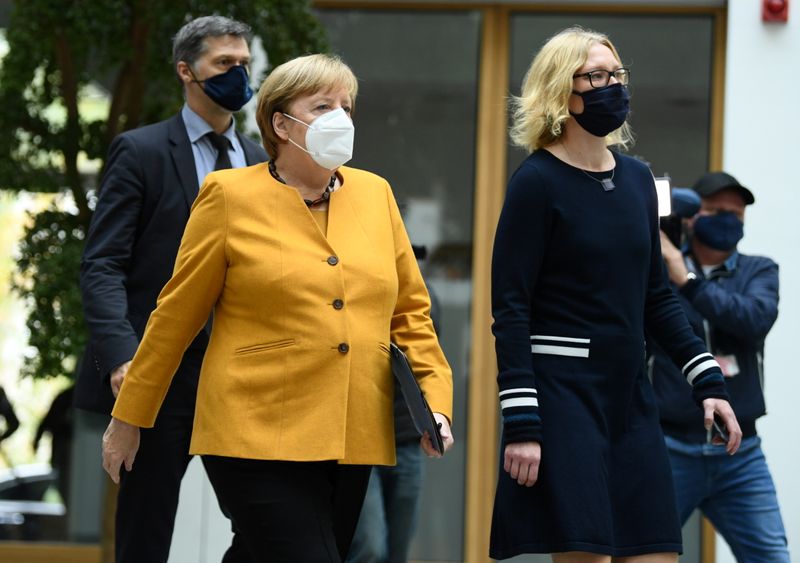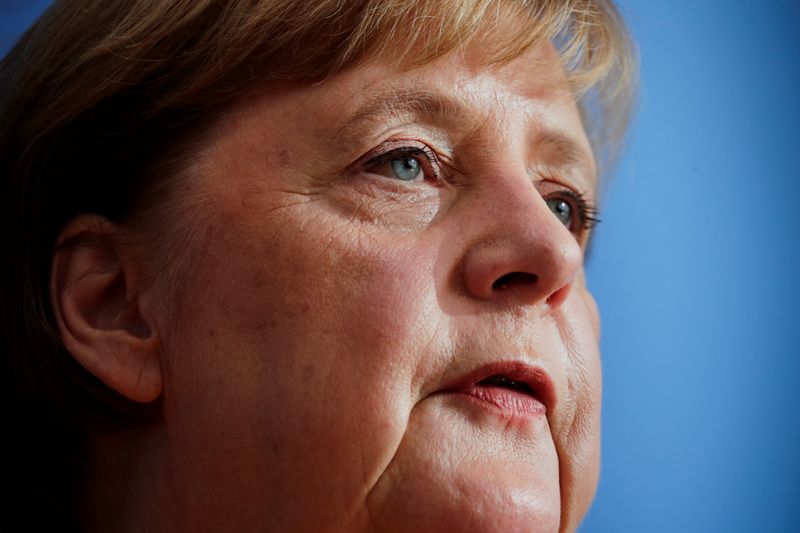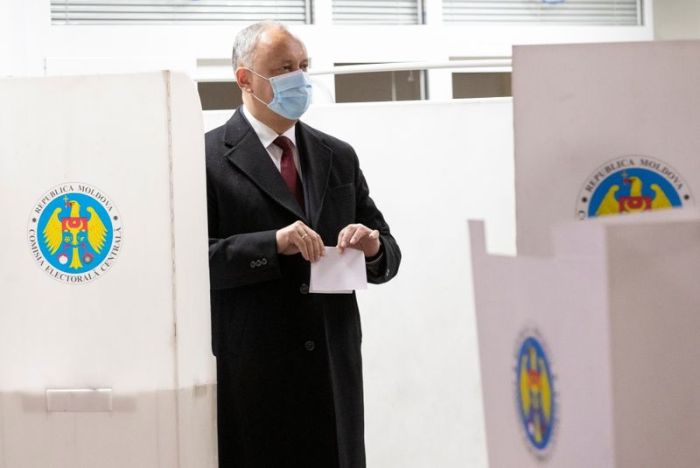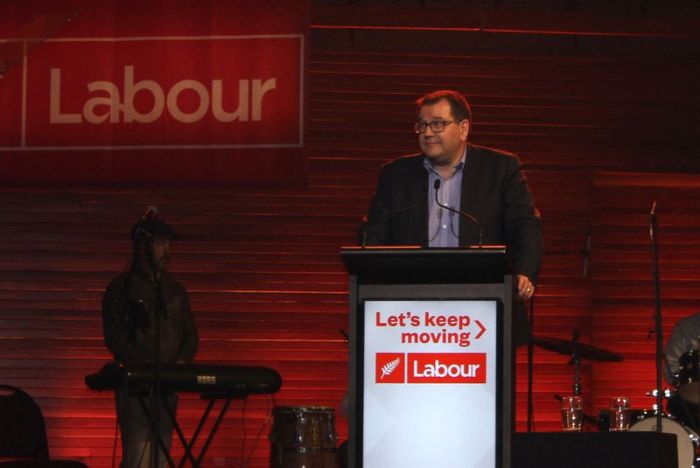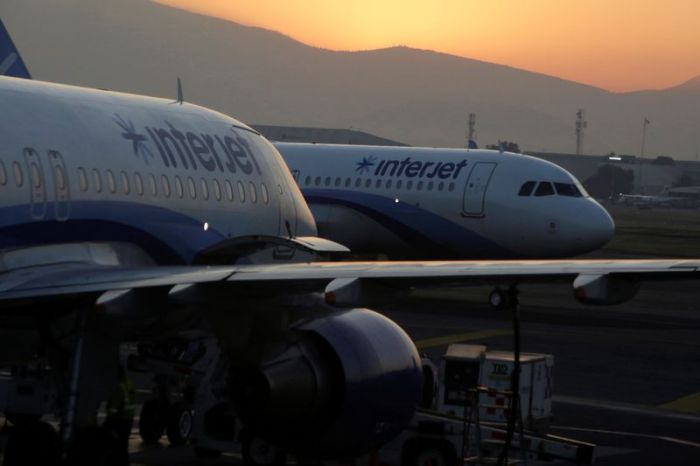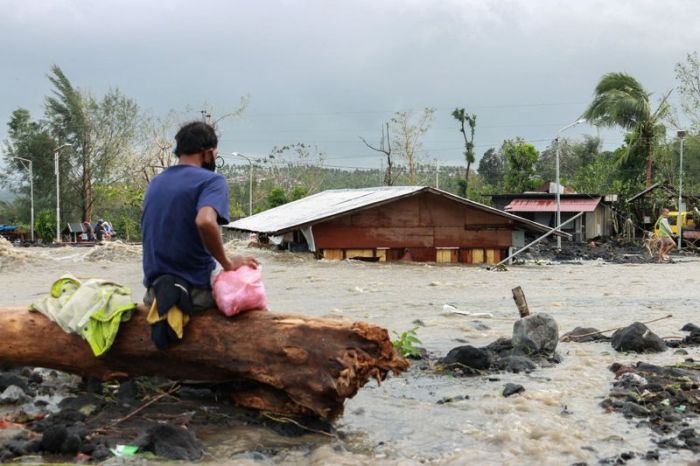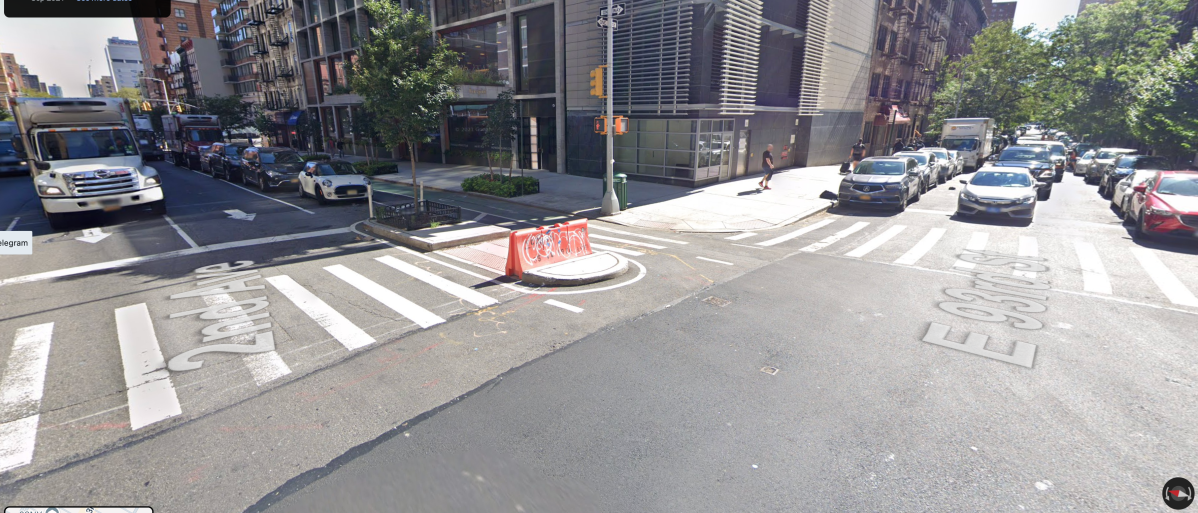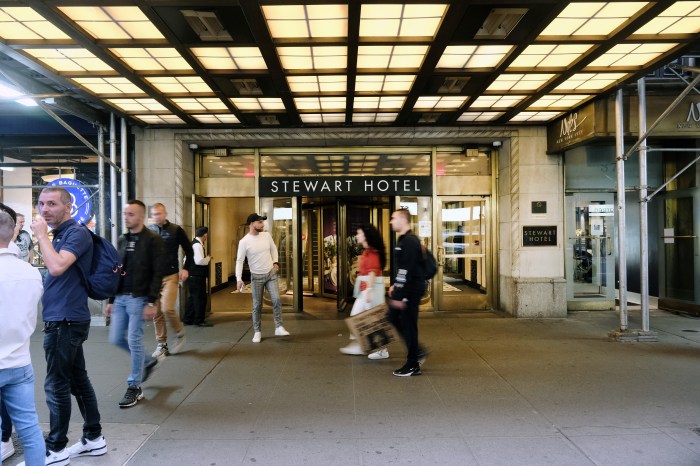BERLIN (Reuters) – There will be no big New Year’s parties in Germany this year, but families should be able to come together for Christmas, Chancellor Angela Merkel said on Monday, in a message meant to reassure the nation as a month-long lockdown took effect.
The lockdown, which includes the closure of restaurants, gyms and theatres, was necessary to protect Germany’s health system, said Merkel, warning that the number of people with the virus in intensive care units had doubled in the last 10 days.
“The light at the end of the tunnel is still quite a long way off,” she told a news conference.
But striking a more hopeful tone than when she presented the lockdown measures last Wednesday, the chancellor also said that if Germans reduce their contact with each other in November, they would be able to do more over Christmas.
“It’s going to be a Christmas under coronavirus conditions, but it shouldn’t be a lonely Christmas,” she said.
“I don’t think there will be big New Year’s parties, but that core family members will be able to visit each other, perhaps with protective measures.”
Citing one example, she said families might be permitted to visit grandparents after a few days of “pre-quarantine”.
Germany kept infection and death rates below those of many of its neighbours in the first phase of the crisis early this year, but like much of the rest of Europe it is now facing a second wave with record infection rates.
The number of confirmed coronavirus cases in Germany increased by 12,097 to 545,027, data from the Robert Koch Institute (RKI), Germany’s main infectious diseases agency, showed on Monday. The reported death toll rose by 49 to 10,530, the tally showed.
“We can’t allow this rapid spread of the virus to overwhelm our health system,” Merkel said in opening remarks in which she defended the ‘lockdown light’ against sceptics.
“Throughout the winter months, we will have to limit private contacts,” she said, before adding: “I don’t want a curfew in Germany if we can avoid it.”
(Additional reporting by Thomas Escritt and Joseph Nasr; Editing by Peter Graff)

